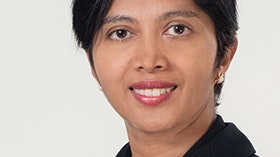Homepage
•
Learning Library
•
Blog
•
Transforming digital users into digital creators
Expand breadcrumbs
Expand breadcrumbs
- Learning Library
- Blog
- Transforming digital users into digital creators
- Homepage
- •
- Learning Library
- •
- Blog
- •
- Transforming digital users into digital creators
Transforming digital users into digital creators
By Sumitra Nair
March 29, 2016








